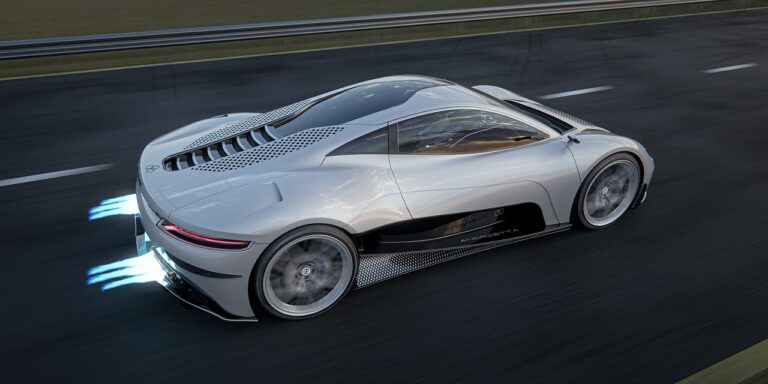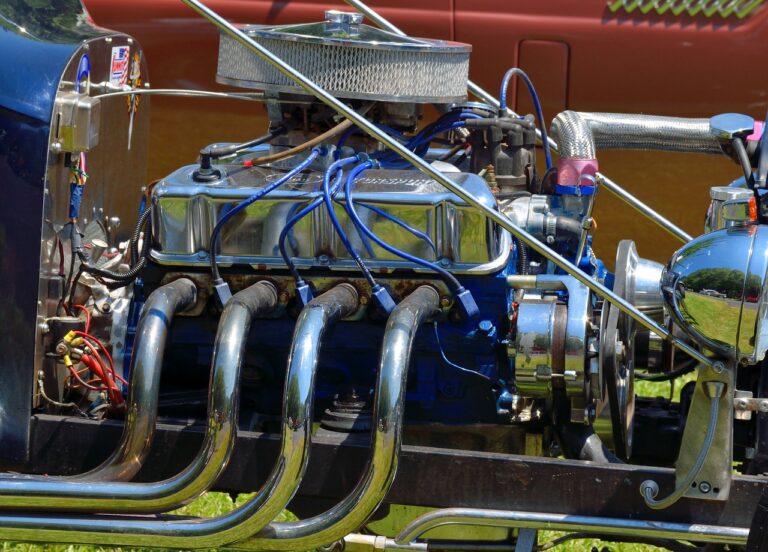The Role of Fuel Cell Electric Vehicles in Auto Shows: 11xplay online id, Anna reddy book, Golden7777.com admin
11xplay online id, anna reddy book, golden7777.com admin: Auto shows are a much-anticipated event for car enthusiasts, industry professionals, and consumers alike. These exhibitions provide a platform for automakers to showcase their latest innovations, designs, and technology. One of the key highlights in recent years has been the increasing presence of fuel cell electric vehicles (FCEVs) at these auto shows.
Fuel cell electric vehicles are powered by hydrogen fuel cells, which generate electricity through a chemical reaction between hydrogen and oxygen. This technology offers a clean and efficient alternative to traditional gasoline-powered vehicles, with zero emissions other than water vapor. As concerns about climate change and air pollution continue to grow, FCEVs have emerged as a promising solution for a more sustainable future.
At auto shows, FCEVs play a crucial role in highlighting the latest advancements in clean transportation technology. These vehicles offer a glimpse into the future of automotive design and engineering, showcasing the potential for zero-emission driving without compromising on performance or range. Automakers such as Toyota, Honda, and Hyundai have been at the forefront of FCEV development, unveiling cutting-edge models that push the boundaries of what is possible with hydrogen fuel cell technology.
One of the key advantages of FCEVs is their fast refueling time, which is comparable to gasoline-powered vehicles. This eliminates the range anxiety often associated with electric vehicles that rely on battery technology. Additionally, FCEVs offer a longer driving range compared to battery electric vehicles, making them a practical choice for long-distance travel.
The presence of FCEVs at auto shows serves as a powerful marketing tool for automakers, allowing them to showcase their commitment to sustainable mobility and innovation. These vehicles attract considerable attention from attendees, generating buzz and excitement around the potential of hydrogen fuel cell technology. Auto shows provide a unique opportunity for consumers to interact with FCEVs up close, allowing them to experience the technology firsthand and learn about the benefits of clean transportation.
Furthermore, auto shows serve as a platform for automakers to unveil concept FCEVs that push the boundaries of design and technology. These concept vehicles offer a glimpse into the future of automotive innovation, showcasing the potential for FCEVs to revolutionize the way we think about transportation. With sleek designs, advanced features, and cutting-edge technology, concept FCEVs capture the imagination of attendees and pave the way for the next generation of clean vehicles.
In addition to attracting consumer interest, FCEVs at auto shows also play a vital role in shaping industry trends and driving innovation. Automakers use these events as an opportunity to network with other industry professionals, share ideas, and collaborate on future projects. The presence of FCEVs at auto shows creates a ripple effect throughout the automotive industry, influencing the development of new technologies and driving competition to create more efficient and sustainable vehicles.
Overall, the role of fuel cell electric vehicles in auto shows is essential for showcasing the latest advancements in clean transportation technology, attracting consumer interest, driving innovation, and shaping industry trends. As automakers continue to invest in hydrogen fuel cell technology, we can expect to see FCEVs play an increasingly prominent role in future auto shows, driving the transition towards a more sustainable and environmentally friendly automotive industry.
FAQs:
Q: Are fuel cell electric vehicles expensive?
A: Currently, FCEVs are more expensive to produce than traditional gasoline-powered vehicles. However, as technology advances and production scales up, we can expect prices to decrease and become more competitive with other types of vehicles.
Q: Where can I refuel a fuel cell electric vehicle?
A: Refueling stations for FCEVs are still limited compared to gasoline stations. However, automakers and governments are working to expand the hydrogen refueling infrastructure to make it more accessible to consumers.
Q: Are FCEVs as reliable as traditional vehicles?
A: Fuel cell electric vehicles are known for their reliability, with fewer moving parts compared to gasoline-powered vehicles. This can result in lower maintenance costs and longer vehicle lifespan.
Q: What is the driving range of a fuel cell electric vehicle?
A: The driving range of FCEVs varies depending on the model and manufacturer. On average, FCEVs can travel around 300-400 miles on a full tank of hydrogen, making them suitable for long-distance travel.







